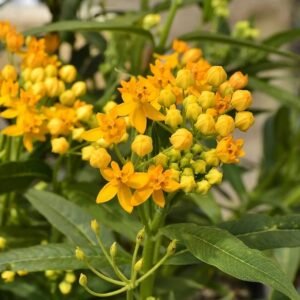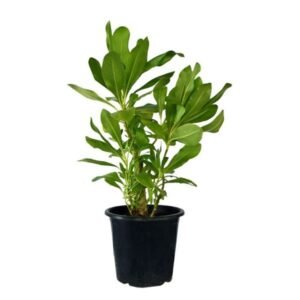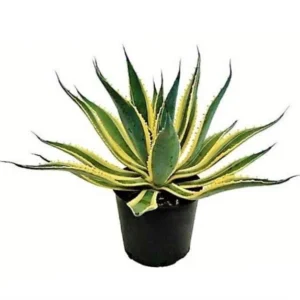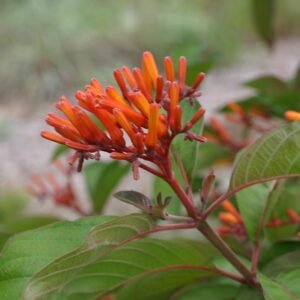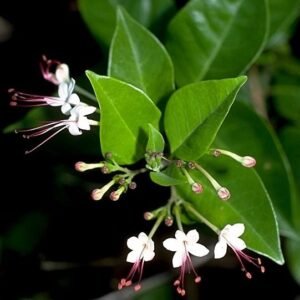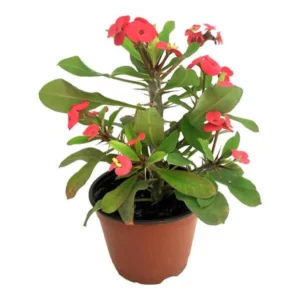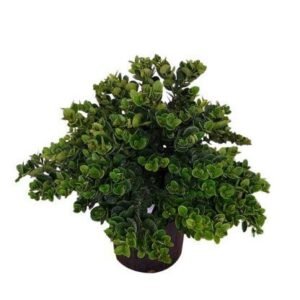| Scientific name | Hymenocallis littoralis |
| Common name |
Spider lily |
| Temperature requirement | 25-35 °C |
| Humidity | 40-50% |
| Light | Direct/indirect light. |
| Watering | Water everyday & keep moist |
| Pests | Lily caterpillar |
| Pet friendliness | Toxic to pets and humans |
| Maximum plant height | 90 cm |
| Potting mix | Potting soil/red soil/manure/perlite |
| Pot requirement | Good drainage & repot every 1-2 years |
| Nutrition | Apply manure for first 15 days and npk for next 15 days |
| Pruning & training | Remove dead & diseased leaves with sterile shears |
| Common color & season | White |
| Description | Water generously throughout the growing season, keeping the soil evenly moist. Cut back in winter, watering just enough to prevent the soil from drying out completely. Feed every 2 weeks in spring and summer with a balanced liquid fertilizer diluted by half. Division of bulbs. Separate offsets from the parent bulb in spring and pot them up. Water newly potted bulbs sparingly for the first month or until you see new growth. Pruning is the main factor that causes these spider lily to produce optimum flower spikes. The pruning method – the foliage needs to be totally trimmed from the neck of the bulb, leaving just the bulb exposed slightly above from the ground surface – very similar like cutting grass. Do take note not to damage the bulbs in the process. Eventually the new growth will appear with the Spider lily first before the new leaves emerges. The other factor of the flower spike bloom appears usually takes place during a hot dry season of a drought – where Spider lily doesn’t receive any rain or water for weeks and when it is exposed to rain – these will explode with a strong new growth starting with these flower spikes.If you have planted Spider lily in a stable garden condition where these receive constant and stable watering, you may face a challenge where these may refuse to produce the flower spikes – pruning would be the best method to spark off the stress blooming for this garden condition. |





